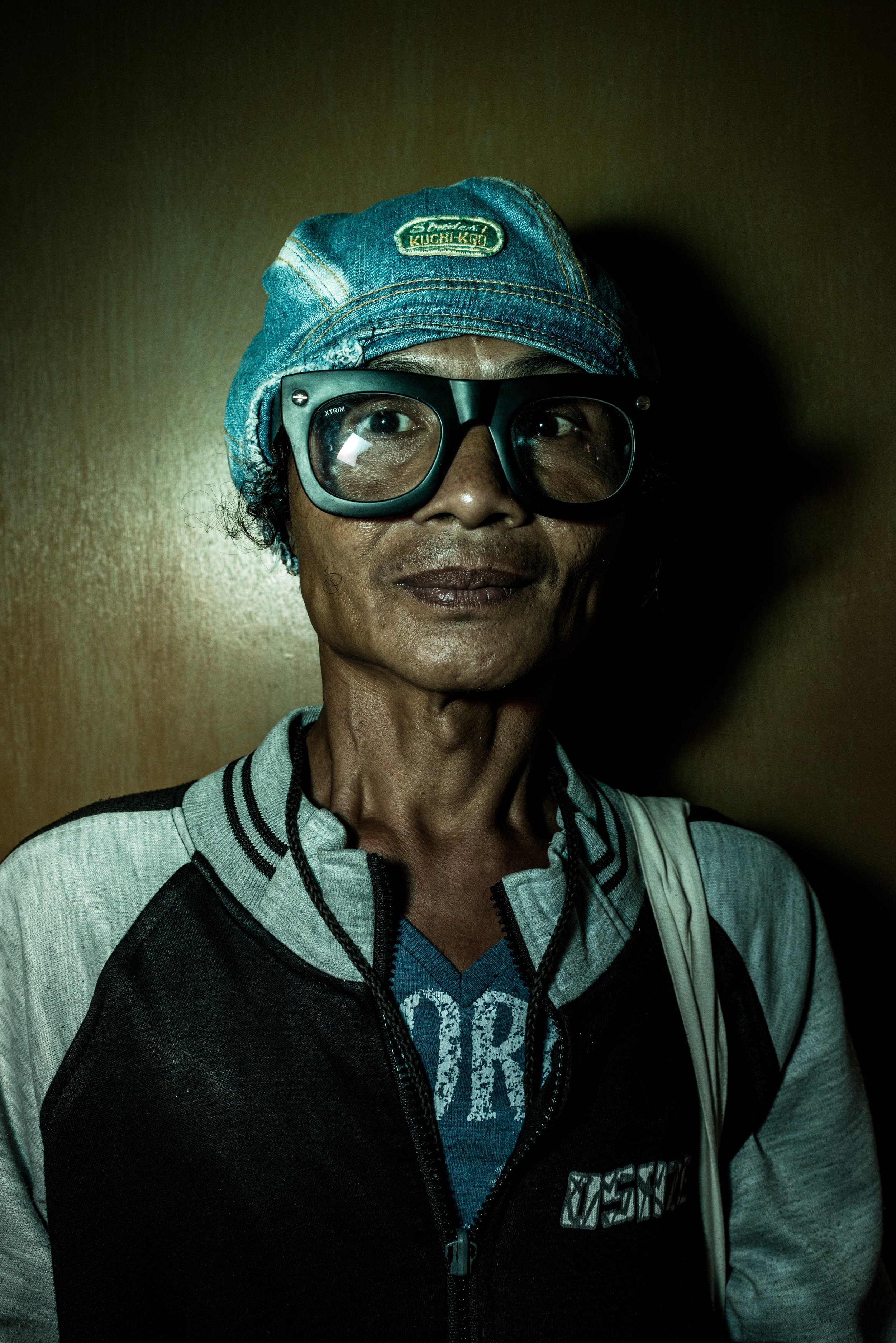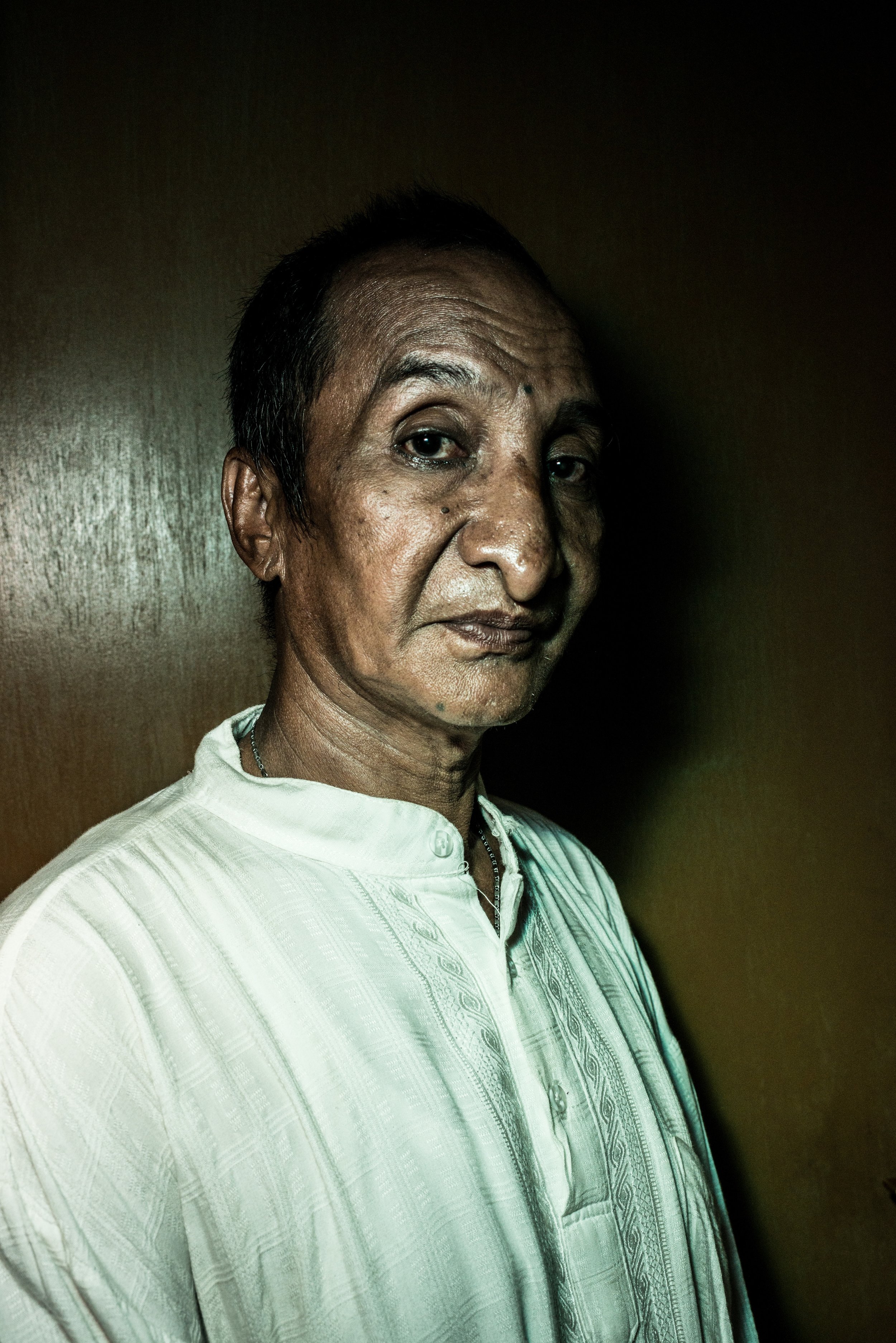Globetrotter is back with another edition of Through the Photographer’s Lens, this time with Italian documentary photographer Elisabetta Zavoli.
In 2012, Elisabetta moved to Jakarta, where she’s been mostly working on long-term documentary projects about environmental and gender issues, two of the most pressing social problems in Indonesia today. Her “Cameo” photo series, where she takes intimate portraits of the members of the transgender community in Jakarta, is one example.
We were first introduced to the project when selected portraits from the series were exhibited at the Jakarta International Photography Festival. “I want to provoke a reflection on the idea of framing a person into the idea that we have of him or her,“ Elisabetta wrote in a brief description that accompanied her photographs.
Inspirational and poignant, the “Cameo” series demands us as the audience to stare into the subjects’ eyes and challenge the way we see and identify them. We reached out to Elisabetta to get a closer look at the photos and discover its creation process.
“I moved to live in Jakarta in August 2012. I'd never been in an Asian country before and I wanted to work on some stories related to Indonesian society. I've read on a local newspaper about the project of Yulianus Rettoblaut, aka Mami Yuli, the head of Indonesian Indonesian Transgender Communication Forum (FKWI), who wanted to turn her house in a shelter for elderly waria without means of living. Waria is a word coming from the merge of "wanita" (woman) and "pria" (man) in Indonesian language. A waria was born in a male body but they feel that they have a female soul. I immediately felt fascinated by these people and this story, and I started to meet and hang out with this community in Jakarta.”
”First, I contacted Mami Yuli who introduced me to her peers, and I started to spend time with them at the shelter house, documenting the daily lives of the guests, at their gatherings, at night with the younger community of sex workers, at hospital documenting the plight of those with AIDS. I was a foreigner, I never judged them, instead I was intrigued by their uniqueness. They felt always at ease with me and eventually we became friends. I've always been affectionately called ‘bule’ which refers to a foreigner, a ‘white-skinned’ person. I remember a lazy afternoon at the shelter house when [the elderly waria] let me try on the wigs they used to wear during rallies or shows and they took pictures of me. It has been a lot of fun!”
”I learned a great lesson from these people: Their greatest desire in life was to be a woman, which is something almost impossible to reach (surgery is too expensive and many waria think that God has wanted them to be like this, so they have to respect God's choice). They are aware of the impossibility to fully fulfill who they are, the impossibility to align the body and the soul, which is what they want above all. Nevertheless, they’re able to come to term with this aspect of their lives, and they accept it, and try to be happy and wholehearted people, anyway. How many times do we feel angry and frustrated for something that doesn’t turn out just the way we want it to be? Falling in love and never being able to fully live that love, doing a job that is far below one's ability, feeling too fat or too thin or too tall or too short, etc. They taught me the great value of ‘accepting’ oneself and the life which is given. This is the first step to accept the others, no matter how different from us they could be.”
Everybody has the right to be who he/she might feel to be. Everybody is right the way he/she is born. In a word, acceptance.
”I would like people to start seeing transgender persons for their amazing uniqueness and feeling blessed to be able to share this life with them, enjoying and being enriched by their diversity, instead of judging them and wanting them to be ‘other’. Everybody has the right to be who he/she might feel to be. Everybody is right the way he/she is born. In a word, acceptance.”
All images c/o Elisabetta Zavoli

















